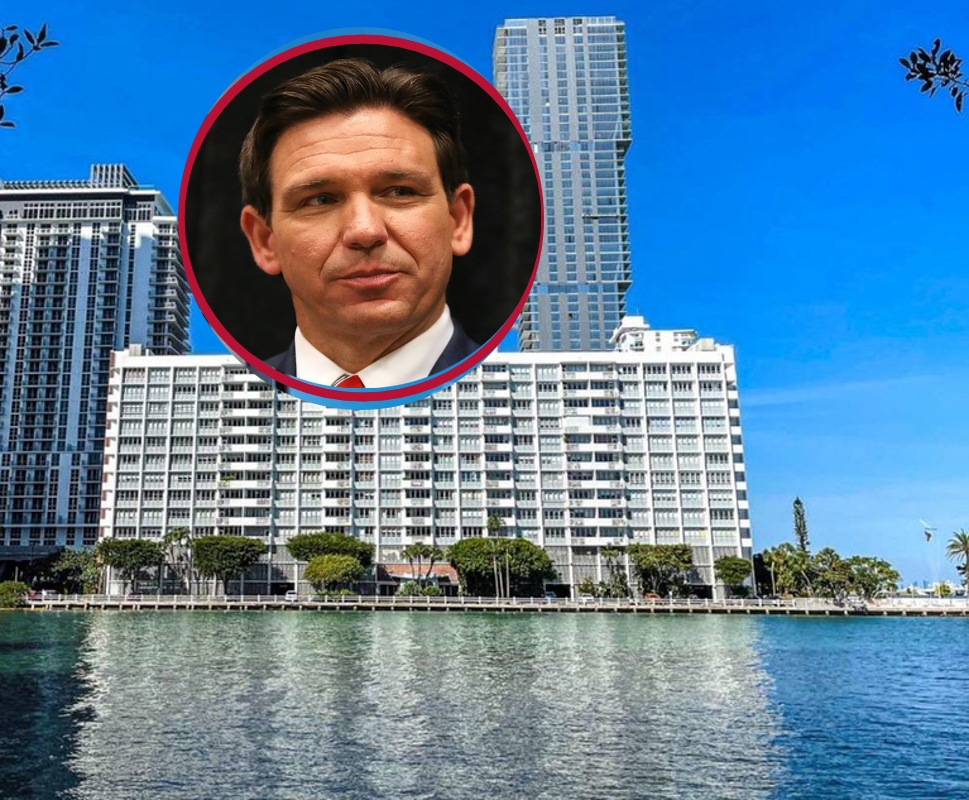More than 2.5 million Floridians enjoy the benefits of condominium living. Multi-story towers offer residents proximity to scenic views, workplaces, family, and recreational activities.
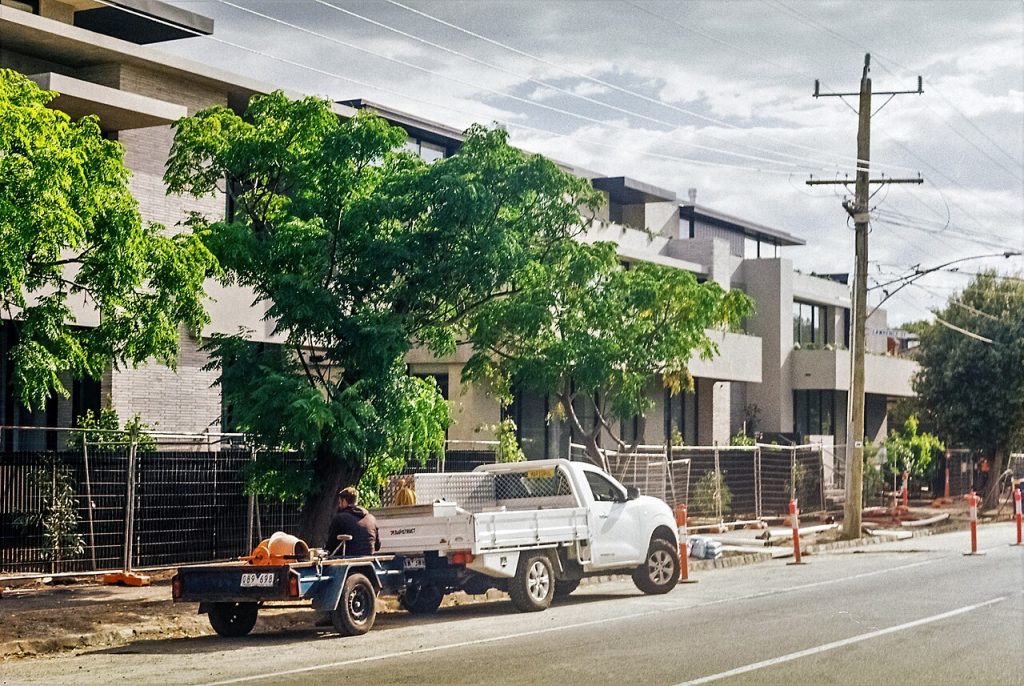
Condominium ownership comes with significant financial responsibilities. Beyond the initial purchase cost, ongoing investments are necessary to maintain and support the infrastructure, protecting both the value of the property and the safety of its residents.
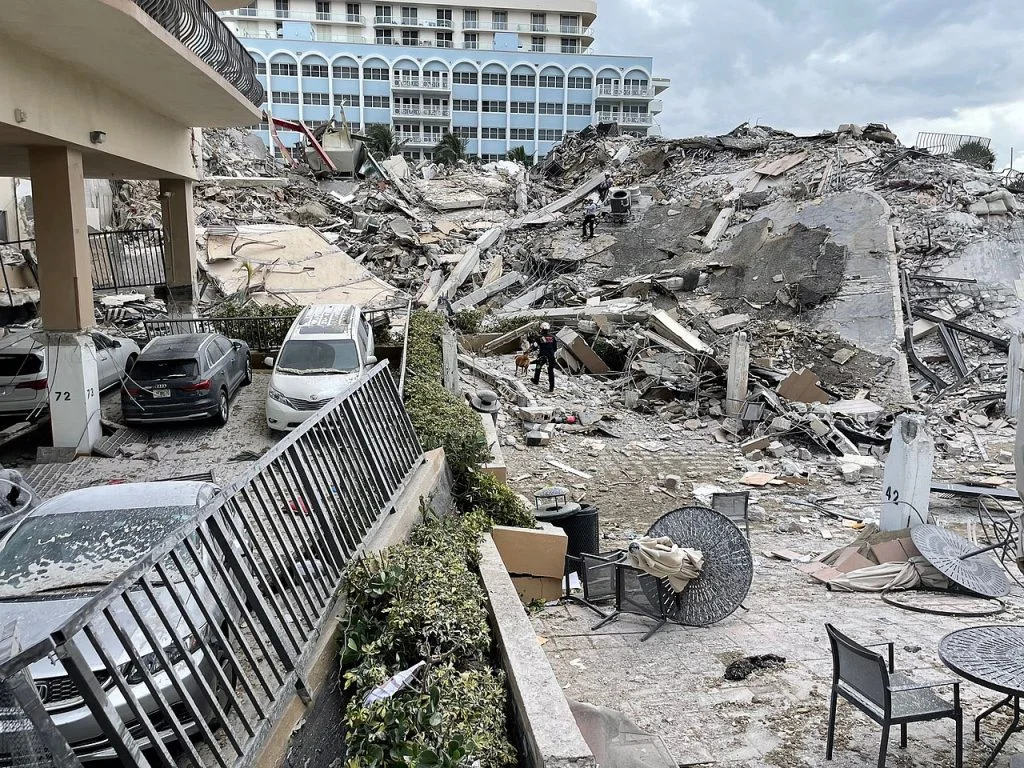
In 2022, De Santis signed a law aimed at safeguarding condominium residents from unsafe conditions, spurred by the tragic collapse of Champlain Towers South in Surfside three years ago, which claimed 98 lives. This disaster heightened safety concerns among condo residents throughout the state.
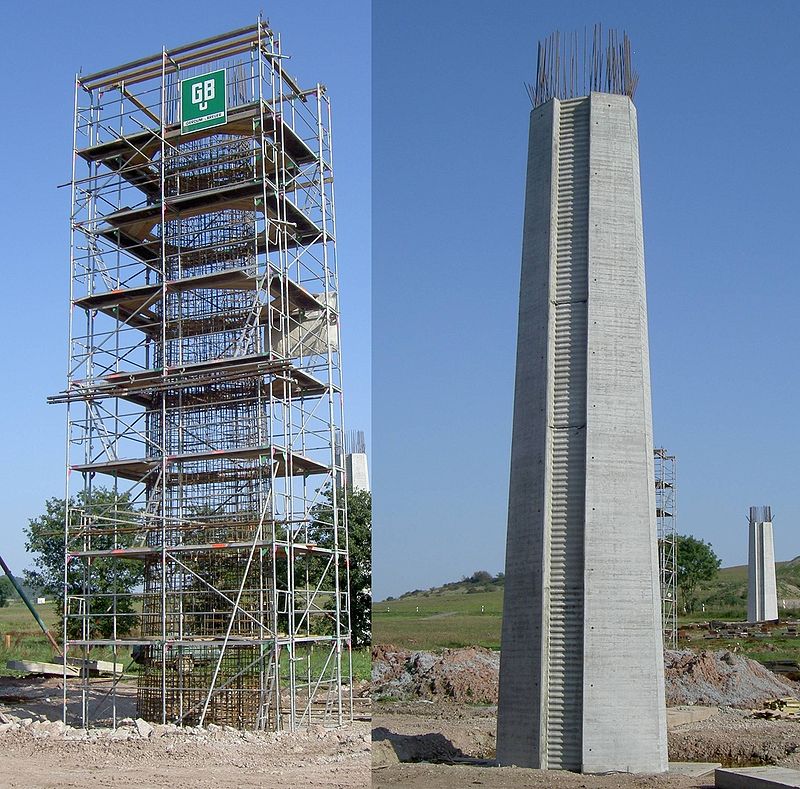
The new law mandates inspections for condominiums that are 30 years old or older. If an inspection reveals significant structural deterioration, the condo association must take action to repair the building. Additionally, the law prevents condo associations from deferring essential maintenance and requires fully funded reserves to ensure building safety and integrity. While this imposes financial obligations, it aims to counter the tendency of some associations to neglect safety responsibilities.

Besides structural integrity reserve requirements, Florida property owners face rising insurance premiums, adding to the financial strain on condo owners. These escalating costs threaten the affordability of the condo lifestyle for many.
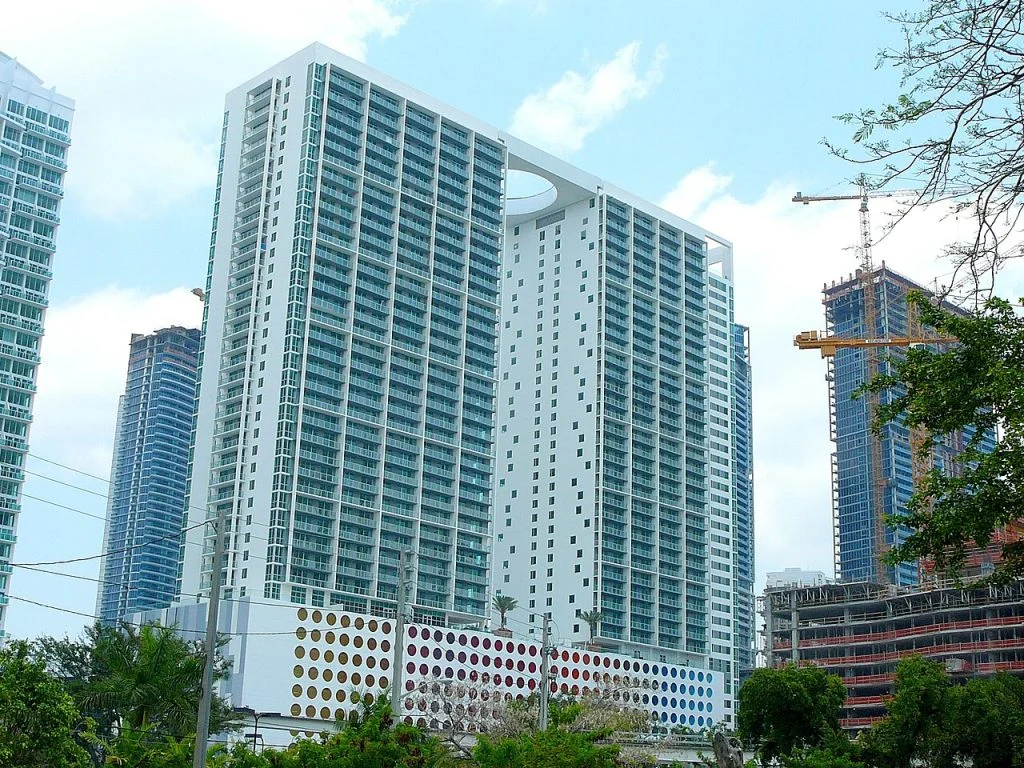
Under these circumstances, Florida condominium owners might consider options to protect their property rights and the value of their investments, including selling their units, often at three times the market price, for redevelopment purposes.
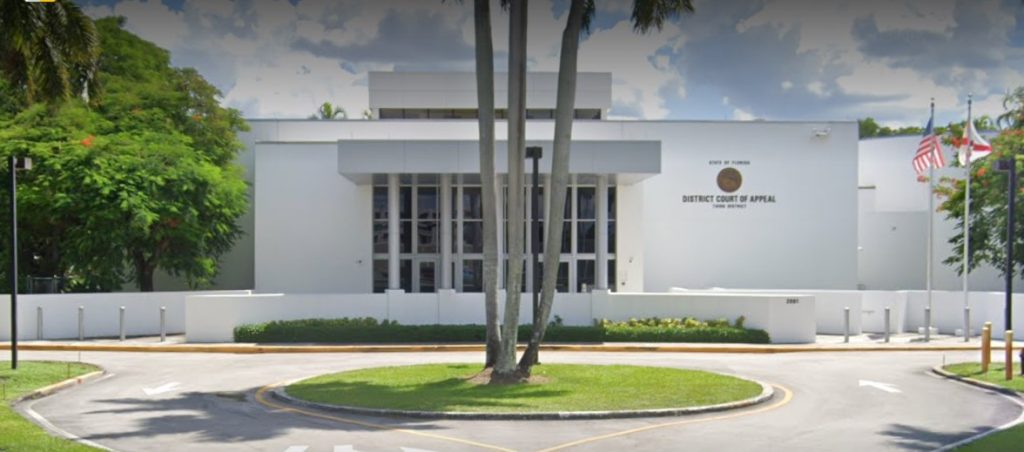
However, a recent ruling by Florida’s Third District Court of Appeals has weakened condo owners’ property rights, granting veto power to any single unit owner who opposes a sale.
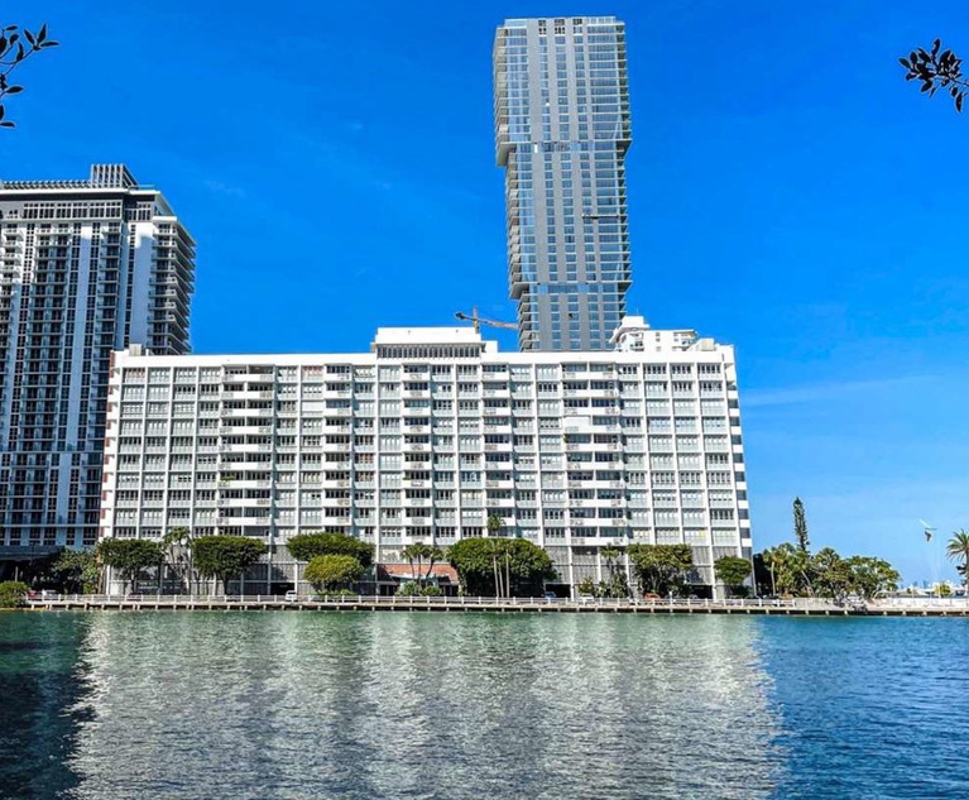
This ruling stemmed from a case involving Biscayne 21 in Miami. In this case, 96% of the 192 units on North Bayshore Drive chose to sell to a developer, initiating the process to terminate the condo association. The building, six decades old, faced maintenance costs that could exceed its value or the owners’ financial capacity.
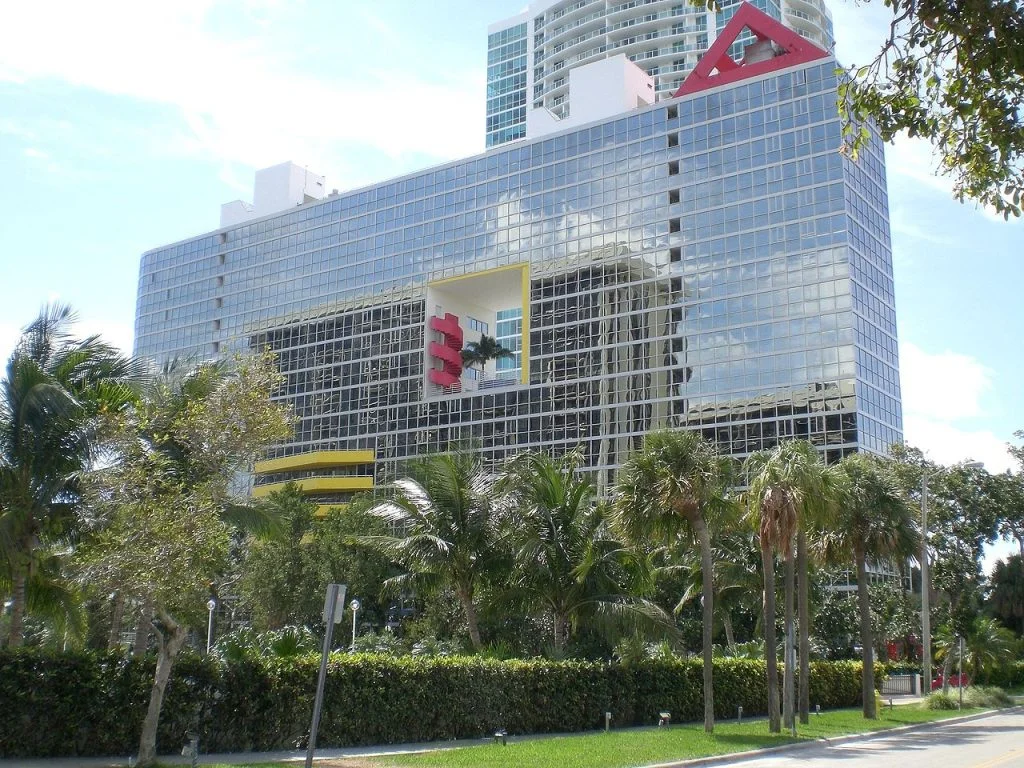
The court sided with ten owners who opposed the termination, arguing that current state law does not apply to them. The building is currently uninhabitable, and without a redevelopment pathway, it loses value rapidly.
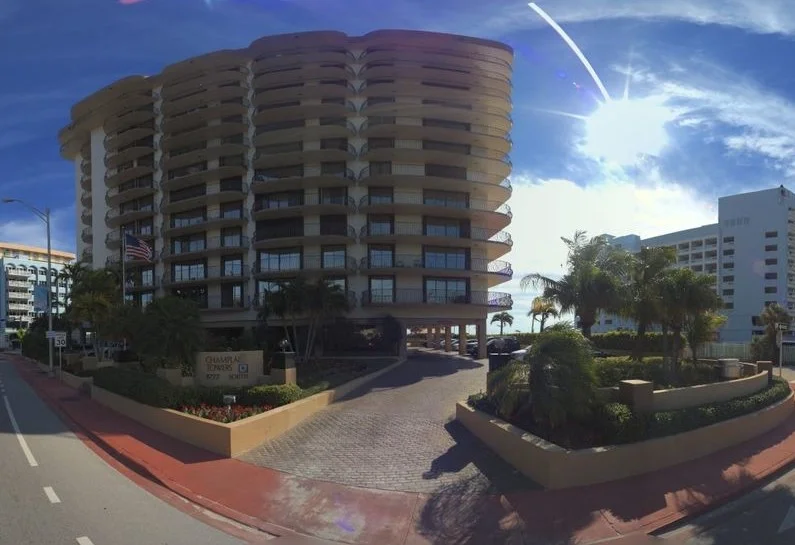
Although this ruling pertains to one building, its implications affect the entire state, which has over 1.5 million condo units. If the Biscayne 21 ruling stands, Florida condo owners will have fewer rights and options, allowing a single individual to obstruct the majority’s interests.
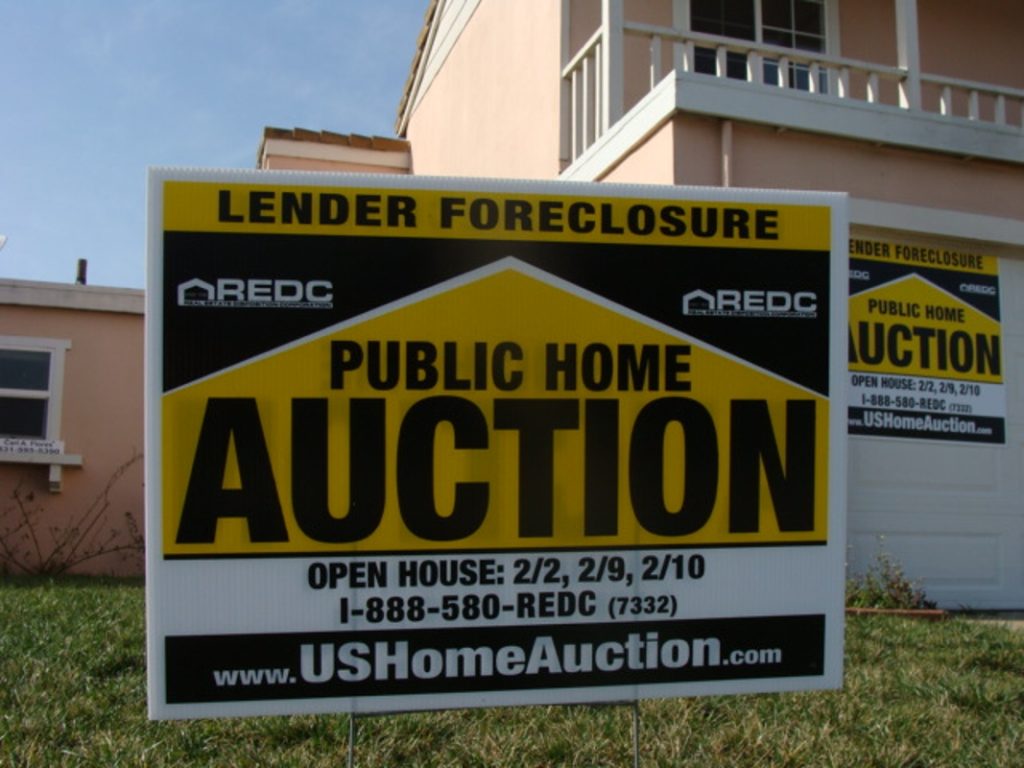
Without viable options, condo owners statewide may face severe financial burdens, including the risk of foreclosure.

